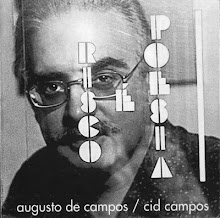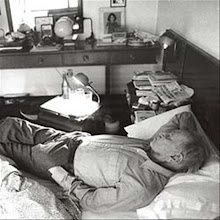Now, what about the language which describes my inner experiences and which only I myself can understand? How do I use words to stand for my sensations? — As we ordinarily do? Then are my words for sensations tied up with my natural expressions of sensation? In that case my language is not a 'private' one. Someone else might understand it as well as. — But suppose I didn't have any natural expression for the sensation, but only had the sensation? And now I simply associate names with sensations and use these names in descriptions.
Look at a stone and imagine it having sensations. — One says to oneself: How could one so much as get the idea of ascribing a sensation to a thing? One might as well ascribe it to a number!—And now look at a wriggling fly and at once these difficulties vanish and pain seems able to get a foothold here, where before everything was, so to speak, too smooth for it.
And so, too, a corpse seems to us quite inaccessible to pain. — Our attitude to what is alive and to what is dead, is not the same. All our reactions are different. — If anyone says: "That cannot simply come from the fact that a living thing moves about in such-and-such a way and a dead one not", then I want to intimate to him that this is a case of the transition 'from quantity to quality'.


![[...]](https://blogger.googleusercontent.com/img/b/R29vZ2xl/AVvXsEjeNC2Kyxd34r2LuofHe9-vdXHeHwG3_2NhVmIOTlK2moU0Q4R7taMlS8iMmQgEl1-NdaRsPrLdREzfQZYKfUgjslwLZUZe67dAfFBREu-YRx6WGX-vAUt5eJT4_-lFwT4dGzGCQQ/s220/11798115_858304687558226_1857652538_n.jpg)














































